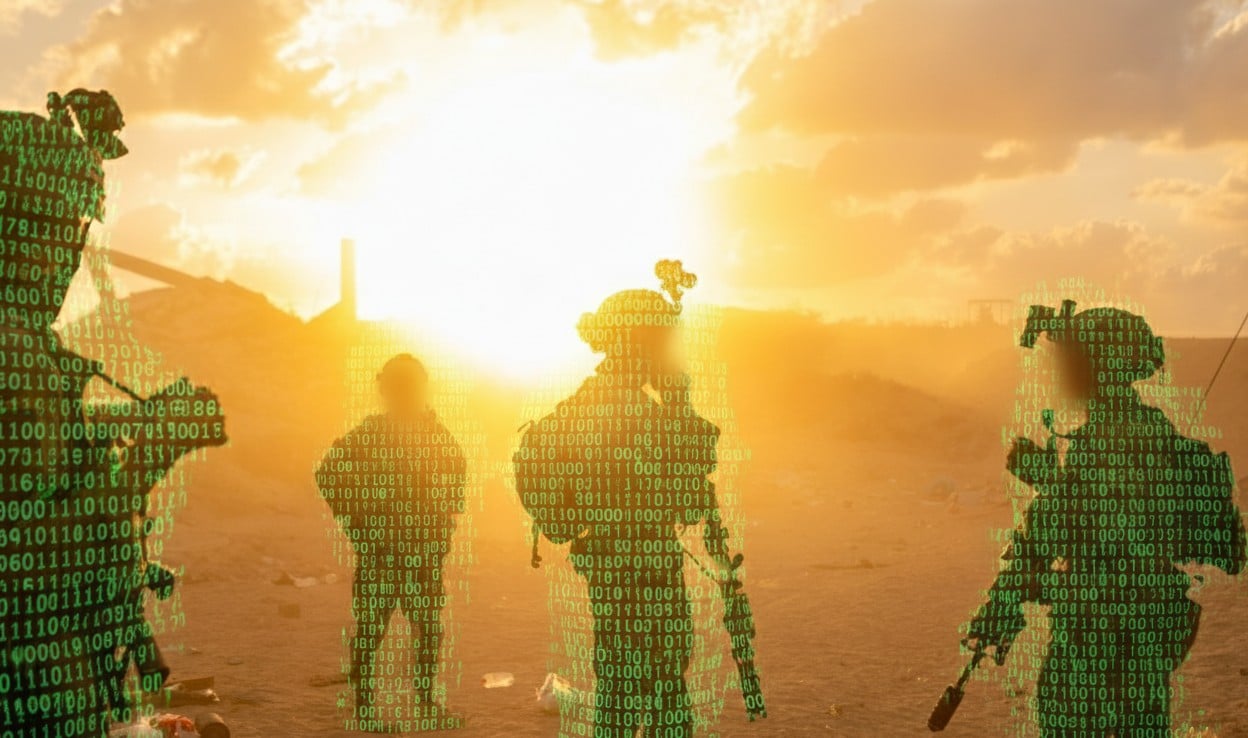Modern warfare is undergoing a profound transformation, with armies like Israel's increasingly relying on drones, robotics, and artificial intelligence while grappling with how to keep human judgment at the center of combat. The Israel Defense Forces have pioneered multidomain operations, integrating real-time intelligence, aerial strikes, and digital networks to create agile, tech-driven ground forces. However, the shift toward automation has sparked debate over the future structure of the military, as seen in the uncertain fate of Israel's innovative Ghost Unit.
Experts highlight that while technology enables rapid, synchronized action across land, air, sea, cyber, and space, implementing such strategies remains challenging due to entrenched military hierarchies and the limits of current AI systems. Recent conflicts, including the wars in Gaza and Ukraine, demonstrate both the promise and pitfalls of automation, with human adaptability proving crucial when technology fails. Despite advances, analysts argue that machines will not replace soldiers but instead redefine their roles, with future victories still hinging on human courage, judgment, and sacrifice.
The IDF's experience shows that balancing automation and humanity is essential for success in the evolving landscape of war, where networks and sensors are as important as boots on the ground. As militaries adapt to these changes, the challenge will be to ensure that technology enhances, rather than diminishes, the human element that remains at the heart of warfare.

 image sourced from original article at
image sourced from original article at 


